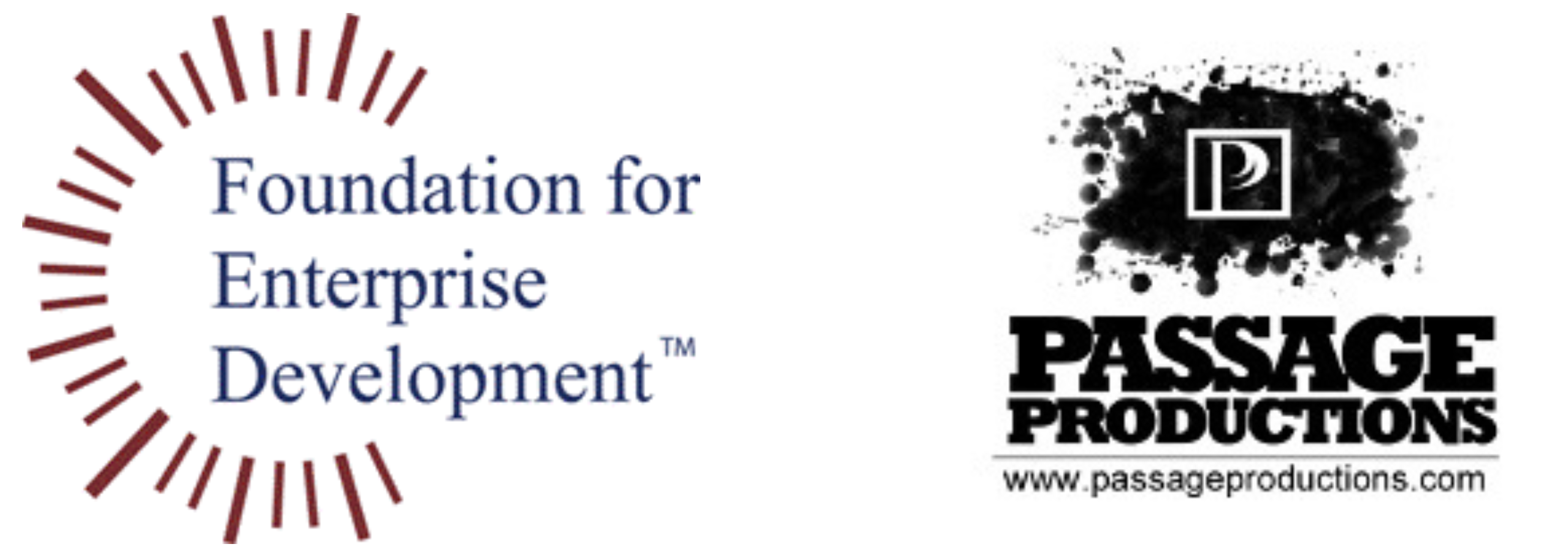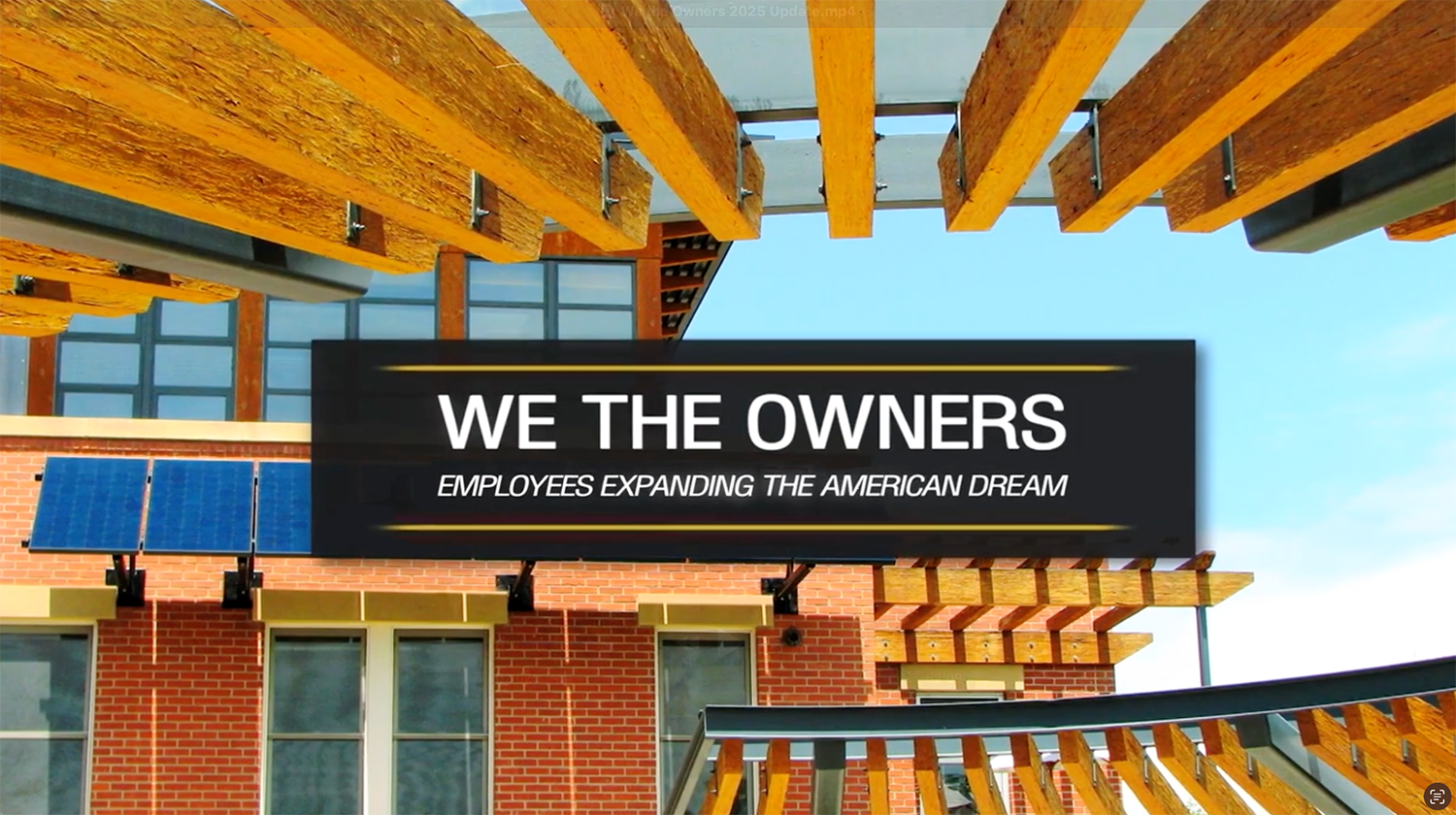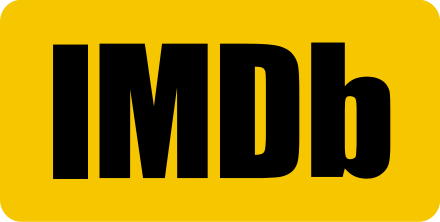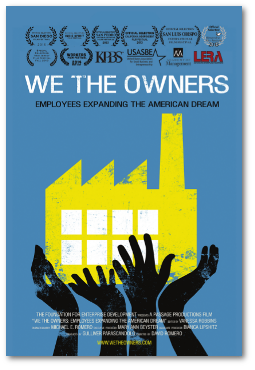
We are pleased to present the 2025 release of
We the Owners: Employees Expanding the American Dream.
The award-winning film, first issued in 2012, captures the journeys of three employee-owned businesses. The 2025 version features fresh on-screen text and new information.
Hear from the Viewers
“This is a film whose time has come, and leaders will do well to set aside the time to watch it.”
~ Peter Economy, Leader to Leader Magazine
“By leading us on a rare, inside journey into these companies, students are able to learn from those well‐positioned to share what it means to be a part of an employee‐owned company”
~ Joseph Blasi, Rutgers SMLR
“This is a unique and compelling film.”
~ Robert W. Smiley, Jr., Founder & Chairman, Benefit Capital Companies
We the Owners...
- Shown in hundreds of classrooms and companies, with sales in 18 countries
- Recognized with awards at two film festivals, including Best Documentary Film Short

Produced by Mary Ann Beyster, with Foundation for Enterprise Development
Directed by David Romero, Eddie Grace Films, and formerly with Passage Productions





